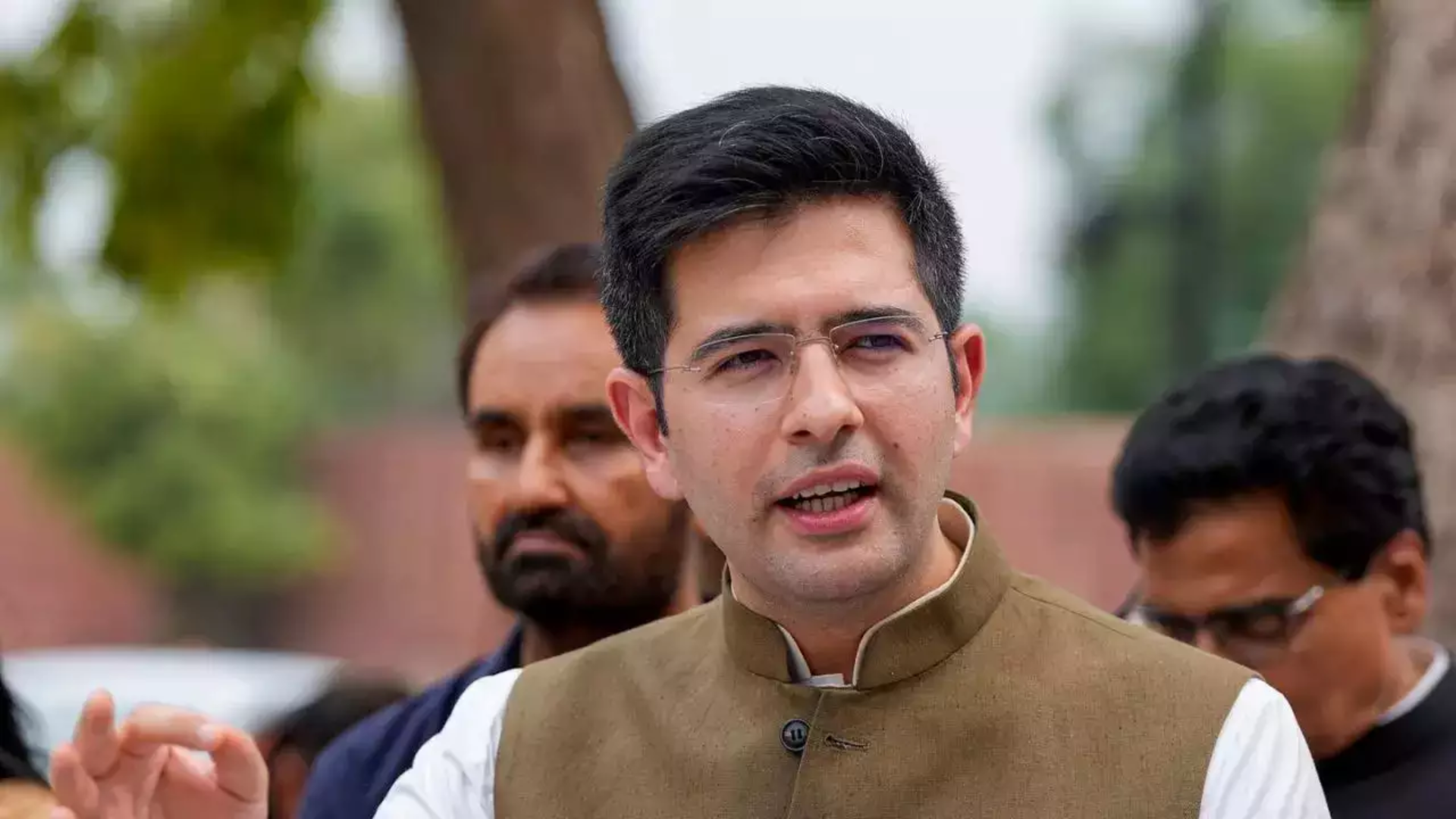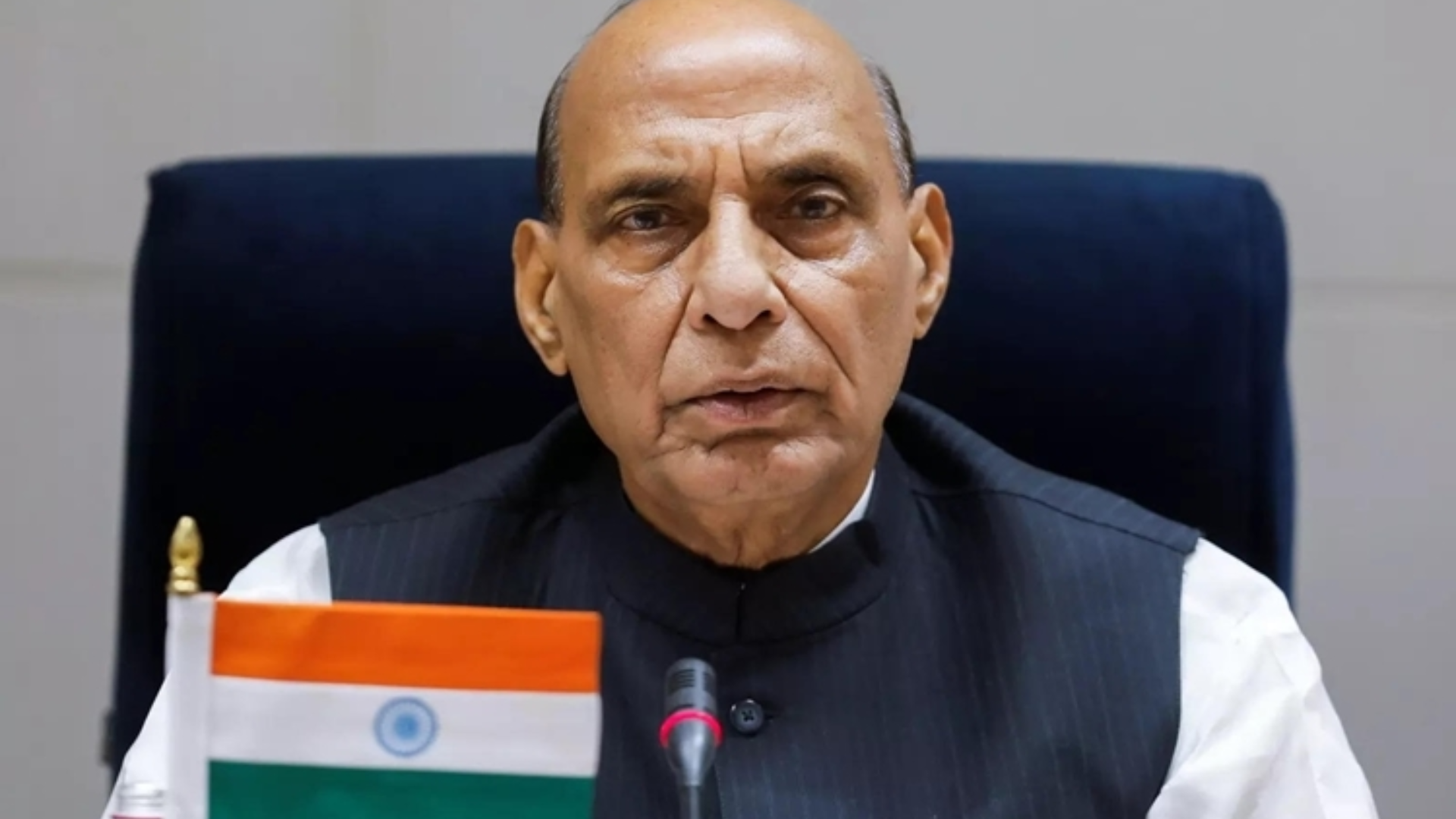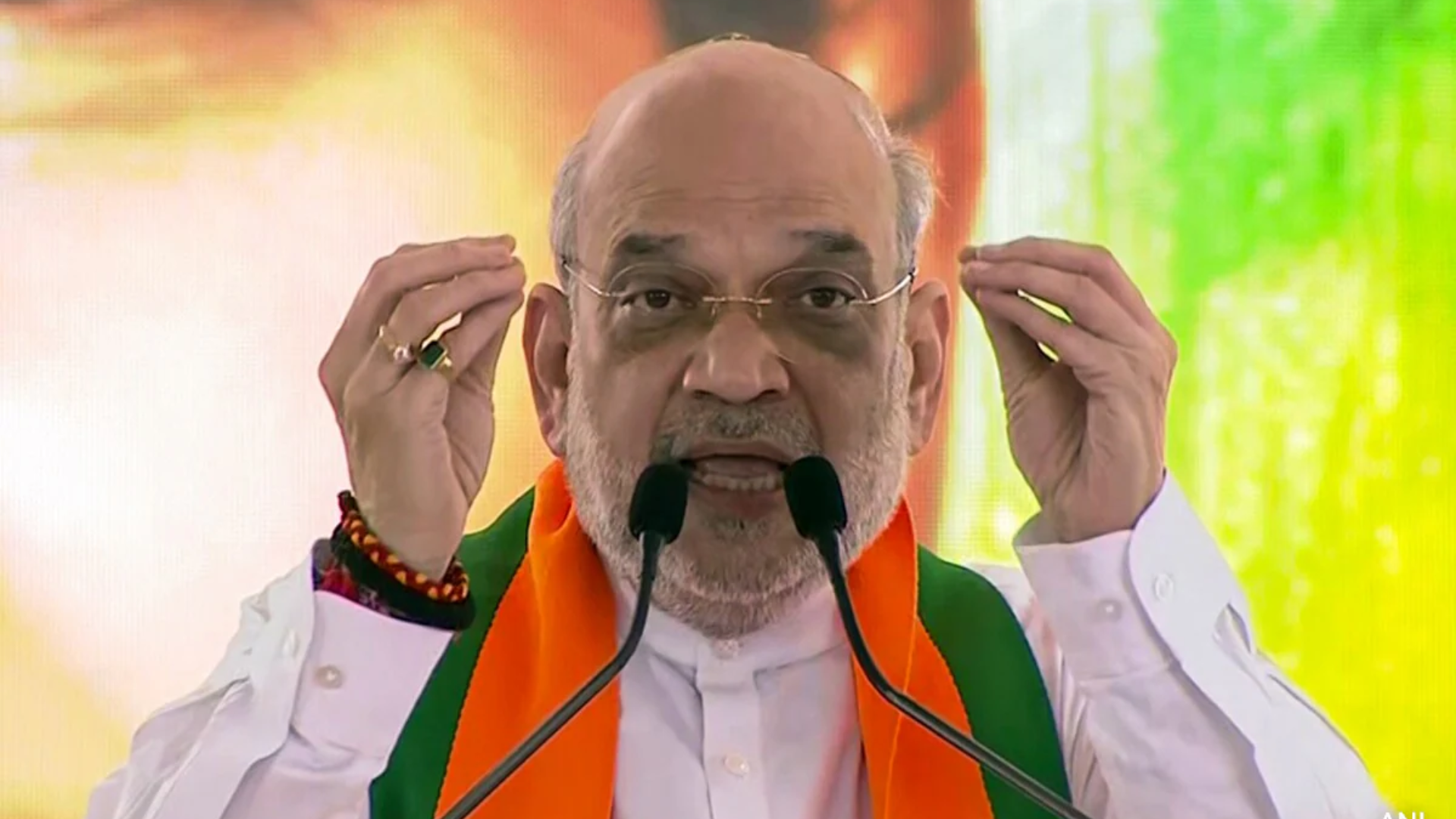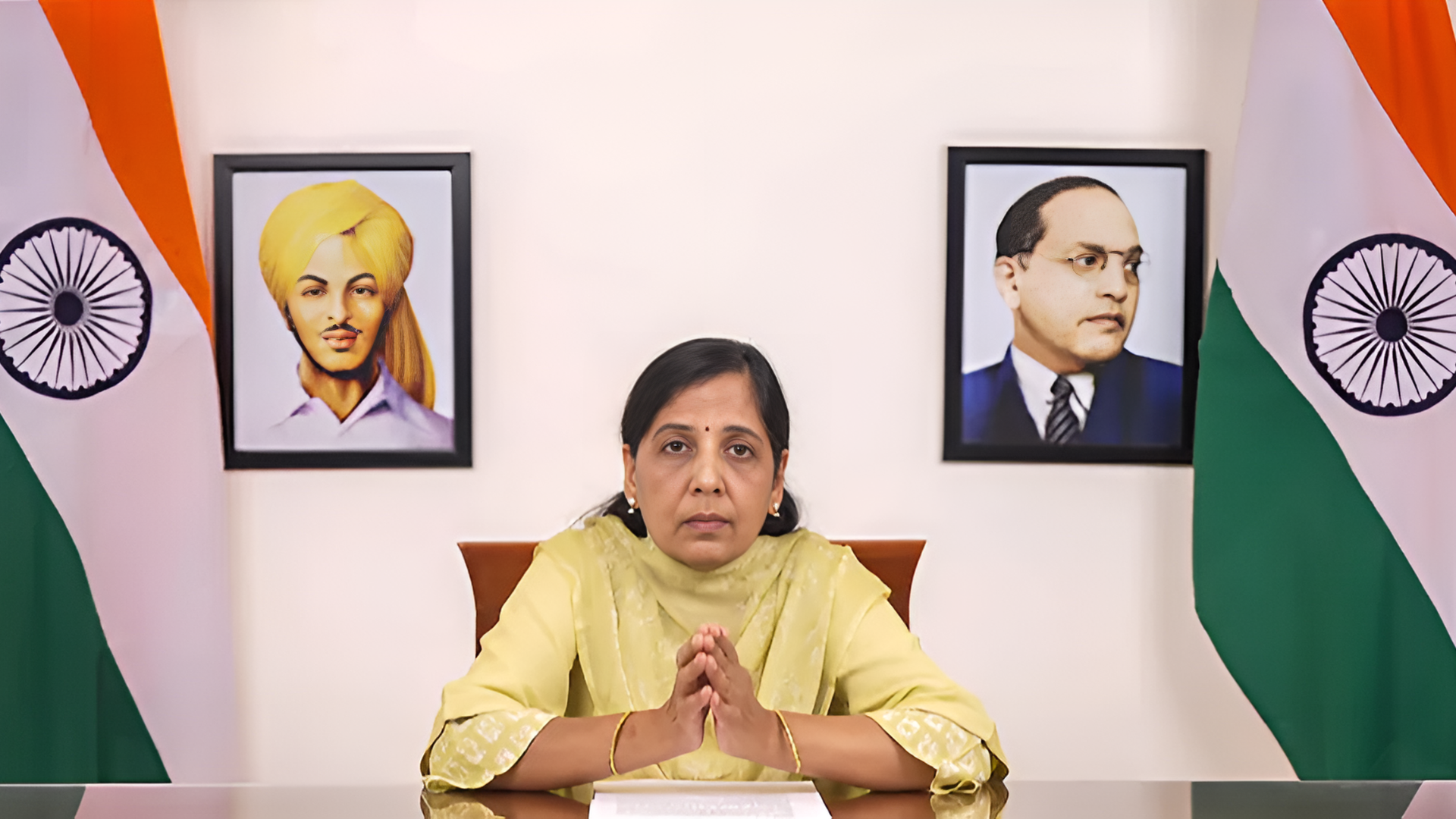







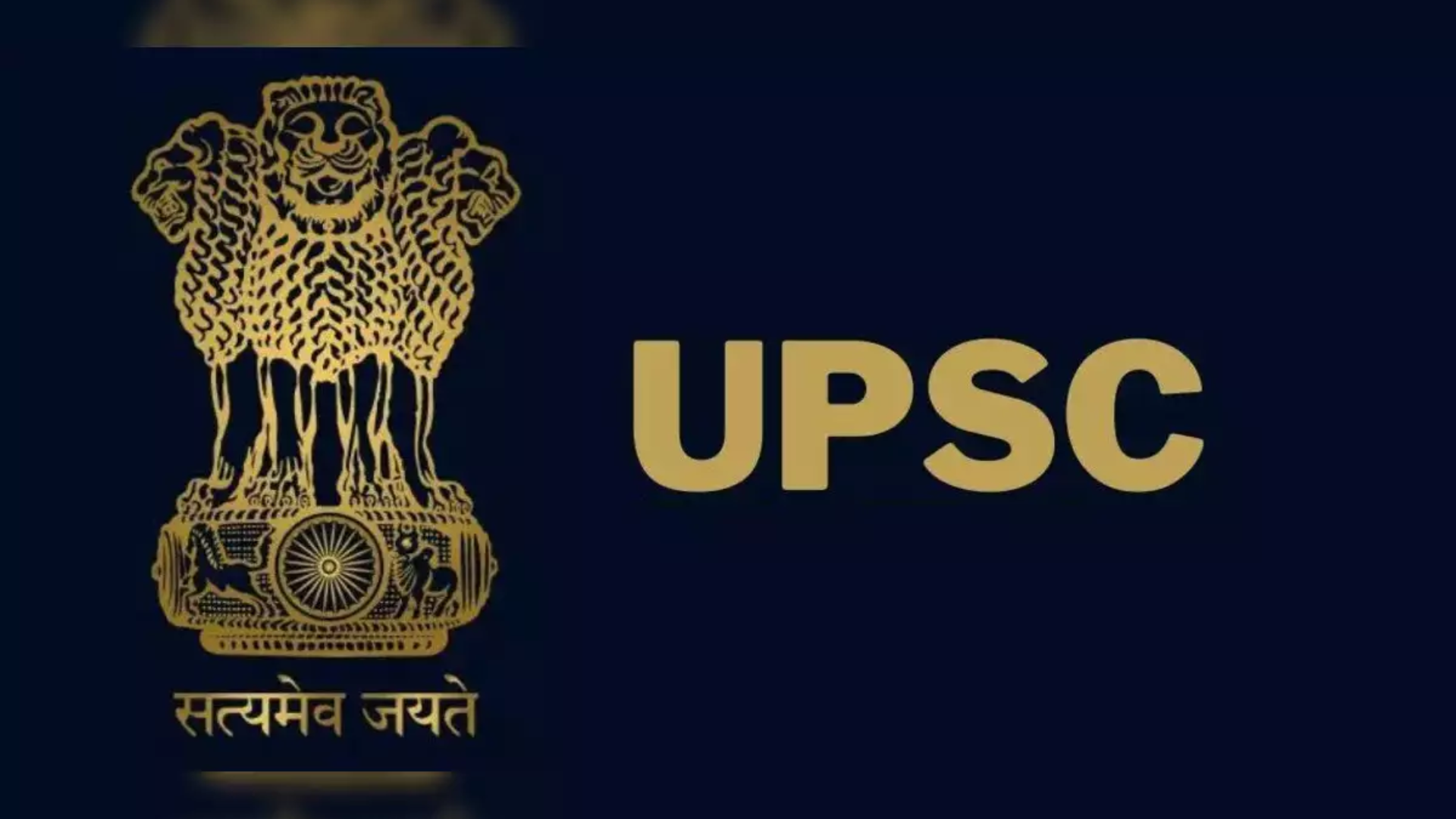
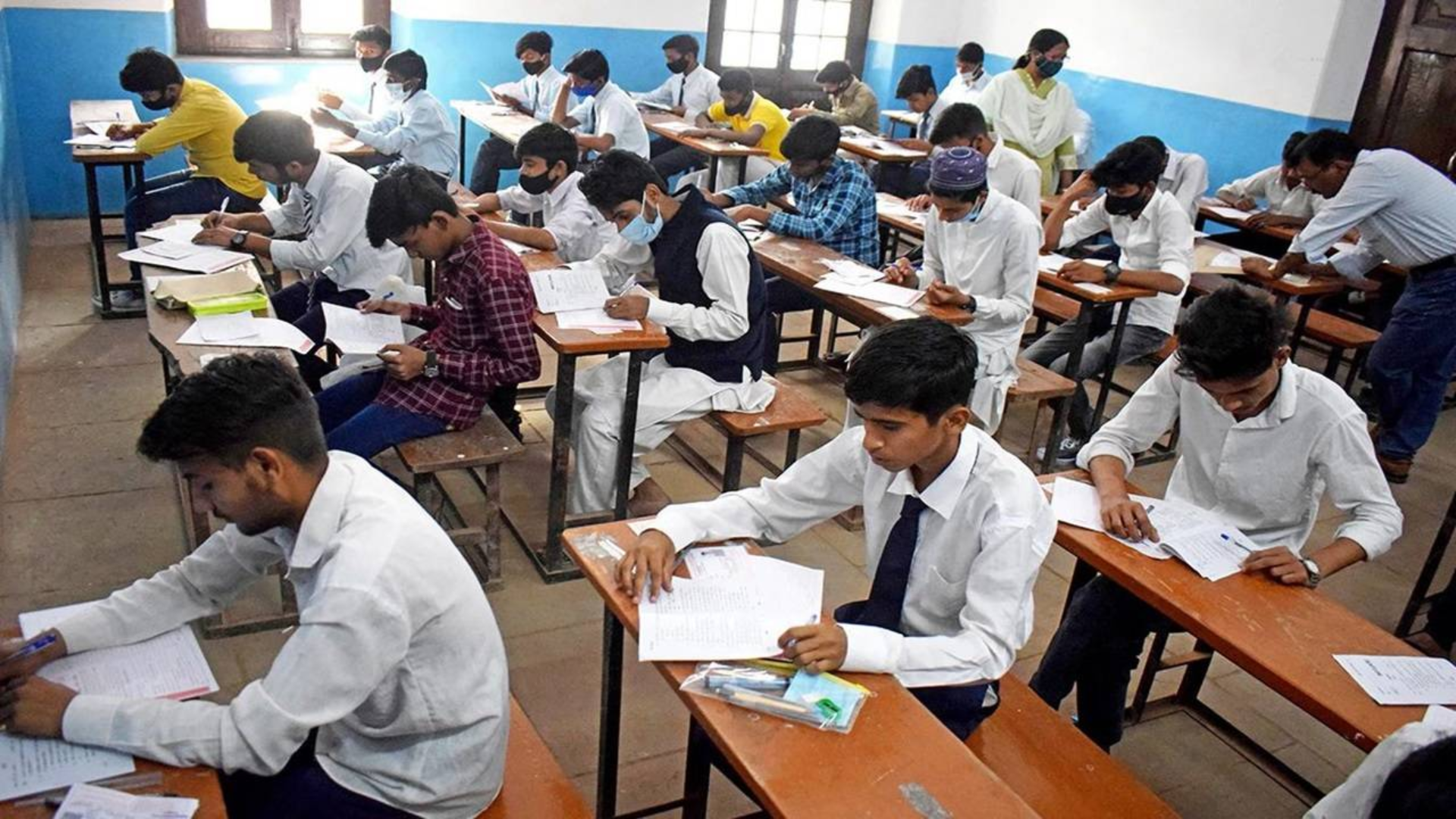

According to media sources, the Central Board of Secondary Education (CBSE) is exploring the possibility of implementing Open Book Examinations (OBE) for students in Classes 9 to 12, in line with the recommendations of the new National Curriculum Framework released last year. A trial is being planned by the Board of open book tests in chosen schools for subjects like English, Mathematics, and Science for classes 9 and 10, and English, Mathematics, and Biology for Classes 11 and 12.
It was stated that a trial of the open-book format will be carried out in specific schools during November-December this year. This trial aims to evaluate the duration taken by students to complete these tests and to gauge the reactions of stakeholders. After reviewing the results, the board will take a decision regarding the implementation across schools 9-12th.
What are open book tests?




